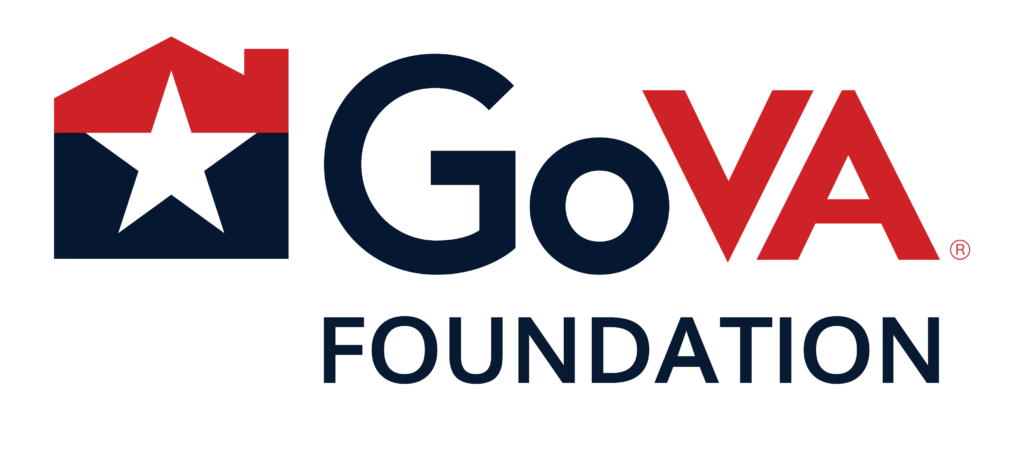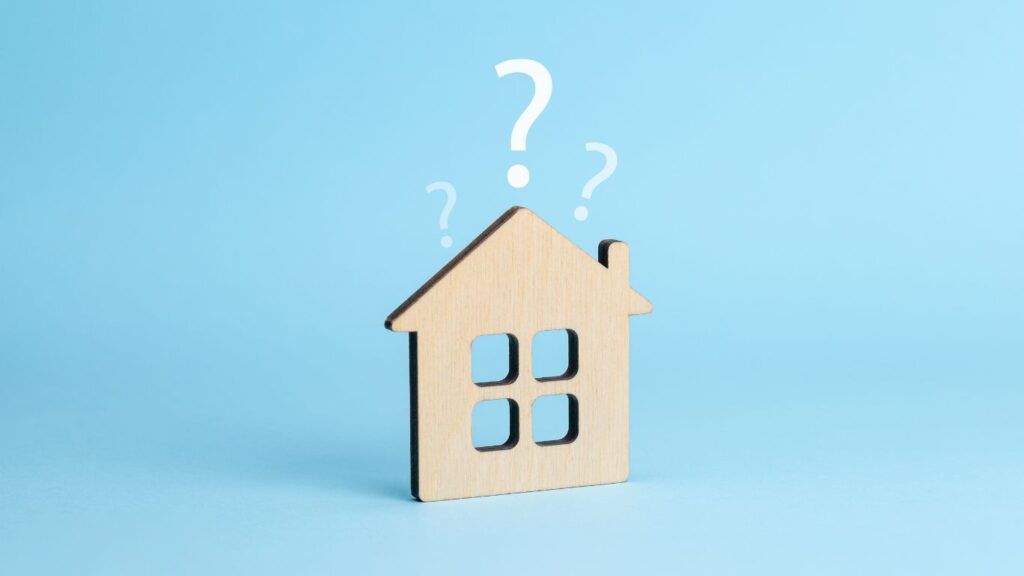Buying a home is one of the biggest financial decisions most people will make in their lifetime. So of course, people ask a lot of questions. Your home-buying experience will be unique compared to a friend or relative’s, especially if they are buying in a different state. So it’s important to get your mortgage questions answered.
Thankfully, whatever you want to know about getting a mortgage and buying a home, you aren’t alone. These are the same questions real estate agents and mortgage lenders hear all the time. We asked experienced mortgage professionals what they wished more people knew about mortgages. Here are the top 10 mortgage questions, answered.
The Top 10 Mortgage Questions When Buying a Home
1. How much mortgage can I afford?
This is a common question for many homebuyers. As a general rule, your monthly mortgage payment should not exceed 28% of your gross monthly income. However, it’s important to consider all of your monthly expenses, including property taxes, insurance, and maintenance, when determining how much mortgage you can afford.
GoVA Tip: You can calculate what you can afford on our free Home Affordability Tool here.
2. What is the current mortgage interest rate?
Mortgage interest rates change frequently and will vary depending on the lender and the type of loan you are applying for. Interest rates can change quickly, so it’s important to shop around and compare rates from multiple lenders to find the best deal.
GoVA Tip: Get a free interest rate quote here.
3. What are the requirements for getting a mortgage?
It depends on the lender and the type of loan you are applying for. For example, a VA loan begins with a Certificate of Eligibility (CoE) that is not required for other types of loans. In general, you will need to provide proof of income, assets, and employment, plus a good credit score and a low debt-to-income ratio.
GoVA Tip: Check your Credit Score here.
4. How do I apply for a mortgage?
First, you will need to complete a loan application and provide documentation, including your income and employment history, bank statements, and tax returns. The lender will also conduct a credit check. This can all be done in person or from a distance.
GoVA Tip: Start with our free Mortgage 101 Class here.
5. What is a fixed-rate mortgage?
This is a loan with a set interest rate that doesn’t change over the life of the loan. It means your mortgage payment will remain the same each month, which can make it easier to budget. Depending on the market, you could pay much more or much less than the national average, because mortgage rates change constantly.
GoVA Tip: Use this calculator to compare mortgage terms.
6. What is an adjustable-rate mortgage?
An adjustable-rate mortgage is a loan with an interest rate that can change over time, usually after an initial fixed-rate period. This means your mortgage payment could go up or down, depending on market conditions. With this type, you have less control over your monthly charges and the increases over time.
GoVA Tip: Read this quick guide to common mortgage terms.
7. What is mortgage insurance?
Mortgage insurance is typically required for borrowers who put down less than 20% of the home’s purchase price. This insurance protects the lender in case the borrower defaults on the loan. However, it’s important to note that borrowers do NOT need to pay for mortgage insurance when using a VA loan.
GoVA Tip: Learn about VA loan benefits here.
8. What is a mortgage pre-approval?
A mortgage pre-approval is a preliminary evaluation of your creditworthiness and ability to qualify for a mortgage. This can help you determine how much you can afford and make the homebuying process smoother.
GoVA Tip: Check out the steps for mortgage pre-approval here.
9. How long does it take to get a mortgage?
Well, it depends. The time it takes to get a mortgage varies depending on the lender and the complexity of the loan. It could take several weeks or even months to complete the process, so it’s important to start early and be prepared.
GoVA Tip: Start your mortgage application here.
10. How much do I need for a down payment on a house?
The amount you need for a down payment depends on the loan program and the lender. In general, a down payment of 20% of the home’s purchase price is ideal to avoid mortgage insurance, but there are loan programs available with smaller down payment requirements. Most importantly, the VA loan allows service members to purchase a home with no down payment, and without paying mortgage insurance.
GoVA Tip: Read the VA Home Loan Guide here.
Buying a home is a big decision, and it’s important to do your research and ask the right questions. Remember to consider all associated costs of homeownership, including property taxes, insurance, and maintenance, and work with a trusted professional to find the right loan program for your needs and budget. A mortgage expert can help guide you through the process and answer your mortgage questions.
GoVA wants to empower military members to make informed decisions about their finances. That’s why we give military members access to hundreds of financial tools and resources on our digital membership platform, The Edge. Service members, Veterans, and their spouses can join The Edge for free today.


